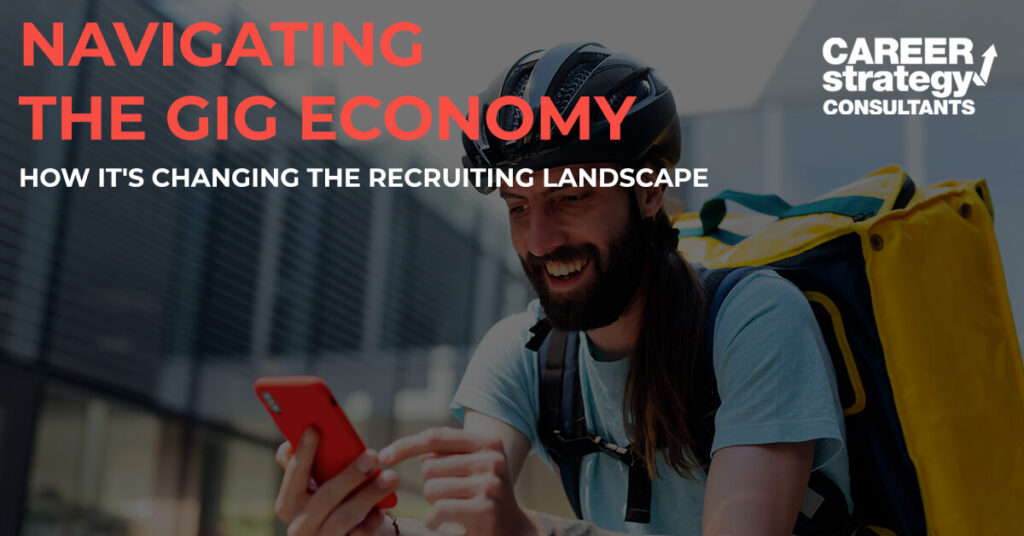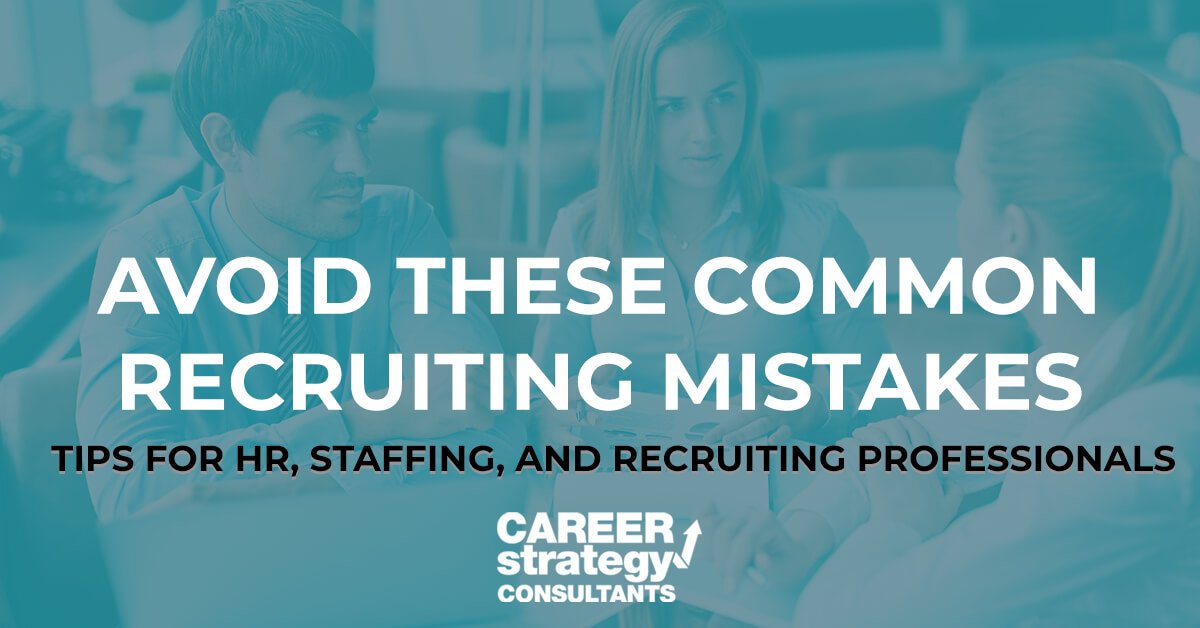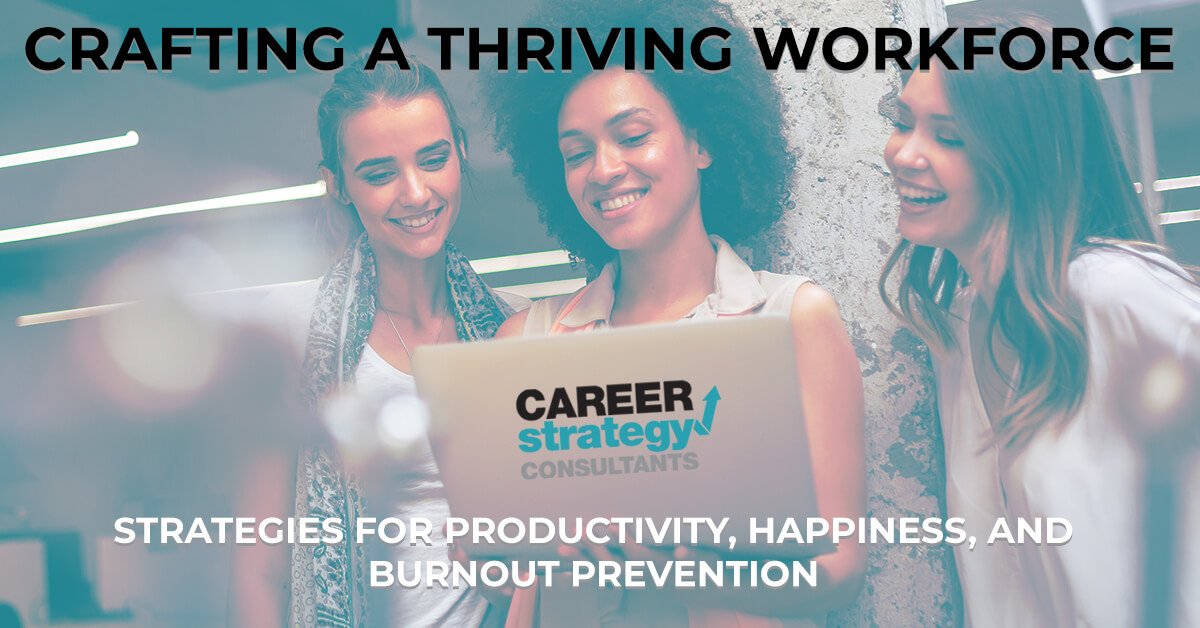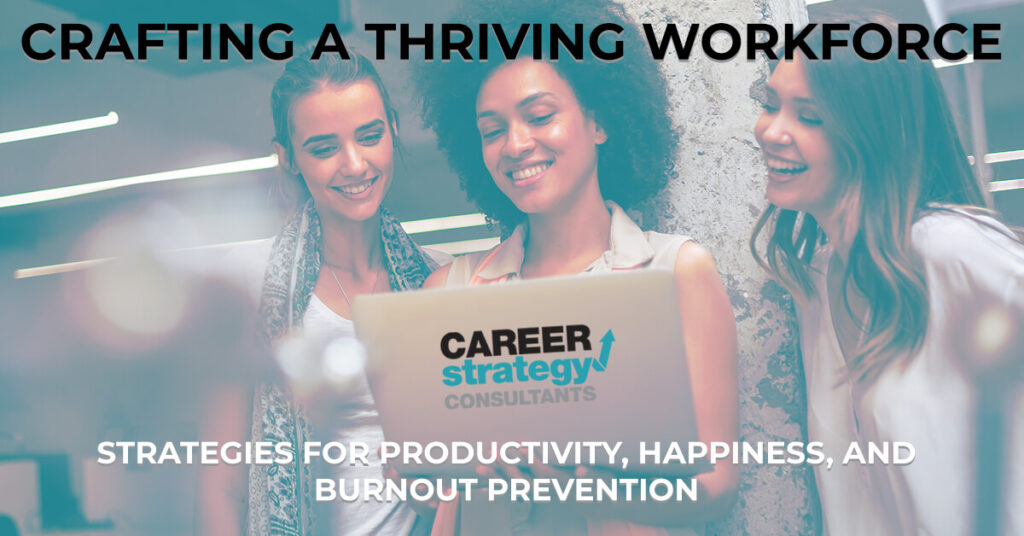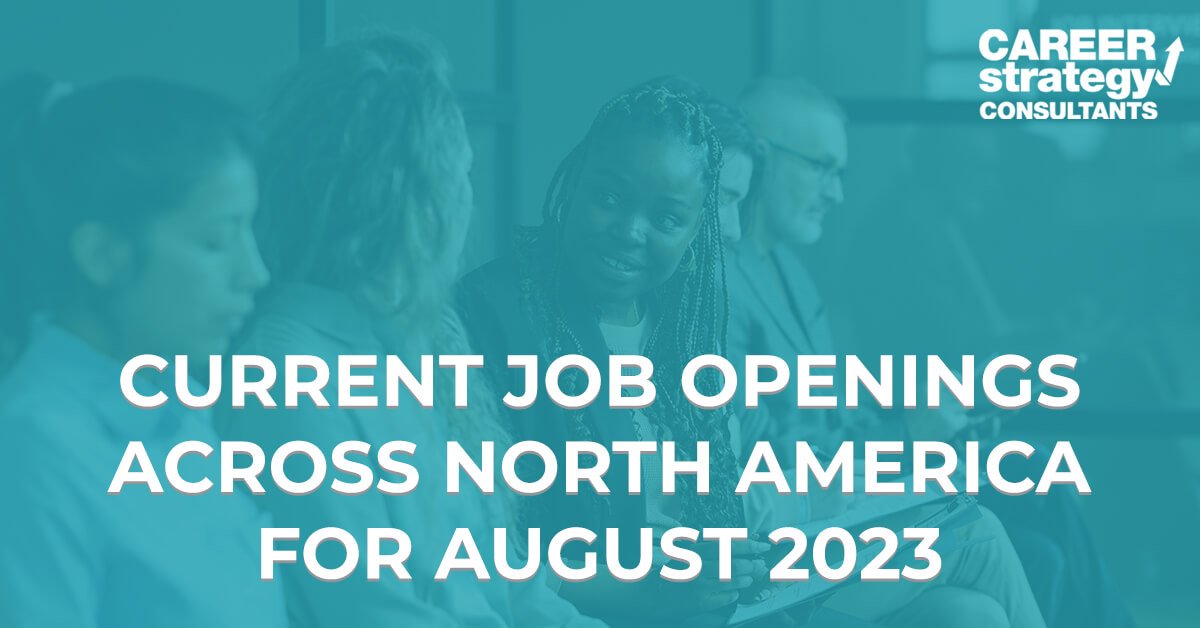The Remote Work Revolution: How It’s Impacting Hiring for HR, Staffing, and Recruiting Professionals

The rise of remote work has brought about significant changes in the hiring landscape. As more organizations adopt remote work arrangements, HR, staffing, and recruiting professionals are faced with new challenges and opportunities. In this blog, we will discuss the impact of remote work on hiring and how HR, staffing, and recruiting professionals can navigate this new landscape.
Expanded Talent Pool
Impact: Remote work has expanded the talent pool, as organizations can now hire candidates from different regions, countries, and time zones.
Implication for Recruiters: Recruiters should leverage this expanded talent pool by sourcing candidates from diverse locations. This may involve using global job boards, social media, and professional networks to reach candidates outside of the organization’s immediate geographic area.
Increased Demand for Digital Skills
Impact: Remote work has increased the demand for digital skills, as employees need to be proficient in using technology to communicate, collaborate, and perform their tasks.
Implication for Recruiters: Recruiters should prioritize candidates with strong digital skills, including proficiency in video conferencing, collaboration tools, and cloud-based applications. Consider conducting skills assessments or technical interviews to evaluate candidates’ digital proficiency.
Shift Towards Virtual Interviews
Impact: Remote work has led to a shift towards virtual interviews, as organizations conduct interviews via video conferencing platforms rather than in-person.
Implication for Recruiters: Recruiters should be prepared to conduct virtual interviews effectively. This may involve using high-quality video conferencing tools, ensuring a professional background, and providing clear instructions to candidates on how to join the virtual interview.
Emphasis on Remote Work Competencies
Impact: Remote work has highlighted the importance of competencies such as self-motivation, time management, and communication skills.
Implication for Recruiters: Recruiters should assess candidates for remote work competencies during the interview process. Consider asking behavioral questions or conducting situational interviews to evaluate candidates’ ability to work effectively in a remote environment.
Need for Effective Onboarding
Impact: Remote work has made effective onboarding more critical, as new hires may not have the opportunity to meet their colleagues and learn about the organization in-person.
Implication for Recruiters: Recruiters should work with HR teams to develop effective onboarding processes for remote employees. This may involve providing clear onboarding materials, assigning a mentor or buddy, and conducting virtual orientation sessions.
Legal and Compliance Considerations
Impact: Remote work has raised legal and compliance considerations, as organizations need to ensure they are adhering to labor laws and regulations in different regions and countries.
Implication for Recruiters: Recruiters should work with legal and HR teams to ensure compliance with labor laws and regulations when hiring remote employees. This may involve classifying employees correctly, adhering to local employment laws, and providing the necessary benefits and protections.
The Remote Work Revolution
In conclusion, remote work has significantly impacted the hiring landscape, and HR, staffing, and recruiting professionals need to adapt to these changes. By leveraging the expanded talent pool, prioritizing digital skills, conducting virtual interviews effectively, assessing remote work competencies, ensuring effective onboarding, and adhering to legal and compliance considerations, recruiters can navigate the remote work revolution successfully.
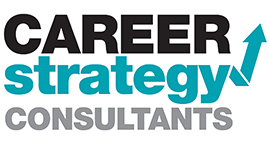
More Than Just Staffing
For Employers
For Individuals





